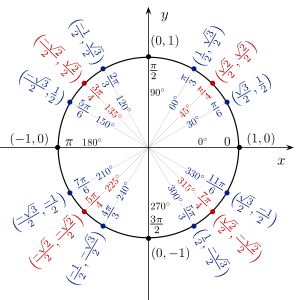Treat it like a quadratic equation; you can make a substitution to make it easier to see:
#2sin^2x=5sinx+3#
Let #u=sinx#:
#2u^2=5u+3#
#2u^2-5u=3#
#2u^2-5u-3=0#
#2u^2-6u+u-3=0#
#color(red)(2u)(u-3)+color(blue)1(u-3)=0#
#(color(red)(2u)+color(blue)1)(u-3)=0#
#u=-1/2,3#
Now put back in #sinx# for #u#:
#sinx=-1/2, color(red)cancelcolor(black)(sinx=3)#
#" "color(white)*color(red)uarr#
This solution isn't possible, since #sin# has a range of #[-1,1]#.
To solve for #x# in the equation that's left, let's take a look at the unit circle to remind us of some #sin# values:

We can see that #sinx=-1/2# when #x# is #(7pi)/6# or #(11pi)/6#, so those are our solutions, but we are not completely done.
We need to show that these value will stay the same after any full rotation. (For instance, #x# can also be #-pi/6# because that is the same as rotating #(11pi)/6#.)
The way to represent this is by adding #2pik# to both solutions. #k# means "any integer." The #2pi# simply means a full rotation. So all together, it shows that the answer will be the same after any full rotation.
Here are the final results:
#x=(7pi)/6+2pik,quad(11pi)/6+2pik#
Hope this helped!


